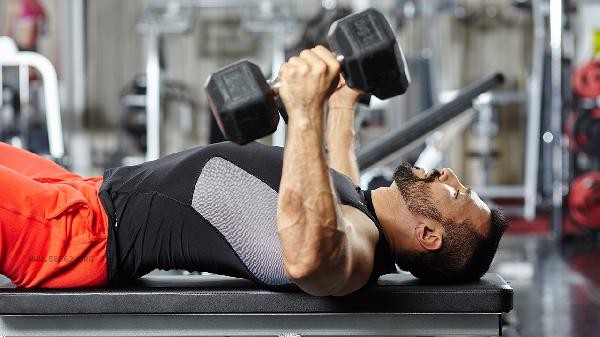16-year-old high school boys need to consider their growth and development needs when losing weight. It is recommended to adopt a comprehensive approach of diet adjustment, scientific exercise, and daily routine management. The main measures include controlling refined sugar intake, increasing protein ratio, choosing moderate to high-intensity interval training, ensuring adequate sleep, and reducing sedentary behavior.

1. Control refined sugar intake
Avoid high glycemic index foods such as sugary drinks and pastries, and replace refined rice and flour with whole grains. Adolescent boys have a high basal metabolic rate, and excessive sugar control may lead to decreased attention. Low sugar fruits such as apples and blueberries, which are rich in dietary fiber, can be chosen as snacks to help stabilize blood sugar levels.
2. Increase protein ratio
Daily intake of high-quality protein such as eggs, lean meat, and soy products, with protein intake calculated at 1.2-1.5 grams per kilogram of body weight. Protein can help maintain muscle mass. supplementing with whey protein or eggs within 30 minutes after exercise can promote muscle repair, but it is important to avoid excessive burden on the kidneys.
3. Choose medium to high intensity interval training
Use explosive exercises such as sprinting, skipping rope, basketball, etc. 3-4 times a week for 20-30 minutes each time. This type of exercise has a significant afterburning effect and is suitable for students with busy academic schedules. Before and after exercise, do dynamic stretching to avoid sports injuries affecting normal learning and life.

4. Ensure adequate sleep
Maintain 7-9 hours of deep sleep every day, during which growth hormone is secreted most vigorously. Lack of sleep can lead to a decrease in leptin and an increase in ghrelin, which can easily trigger overeating. It is recommended to avoid using electronic devices one hour before bedtime and create a dark and quiet sleeping environment.
5. Reduce sedentary behavior
Standing during breaks and walking home after school can increase daily non exercise consumption by 200-300 calories. Using a standing desk to do homework, getting up and moving around for 5 minutes every 45 minutes can increase calorie consumption and make it easier to persist in the long term by changing lifestyle. During adolescence, extreme dieting or excessive exercise should be avoided for weight loss. It is recommended to lose no more than 0.5 kilograms per week. Parents can assist in preparing nutritionally balanced lunch boxes, actively participate in school physical education classes, and have family sports days on weekends. Regularly monitor changes in height and weight. If there are abnormalities such as fatigue or hair loss, consult the nutrition department in a timely manner to maintain a positive attitude and integrate healthy habits into daily life in order to achieve sustainable weight management.









Comments (0)
Leave a Comment
No comments yet
Be the first to share your thoughts!